Siblings of individuals with Prader-Willi syndrome (PWS) are at an increased risk of developing emotional and mental health problems. According to the 2019 study on PWS sibling well-being, participants showed incredibly high rates of distress and lower than average resilience (Murphy, Thornton & Thornton, 2019.) 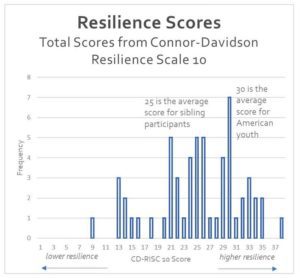
The outbreak of COVID-19 and subsequent quarantine may make the lives of siblings more stressful. Siblings may view themselves as trapped in their home with their PWS sibling with no relief. Before the pandemic, siblings could go to school, socialize with friends, and get out of the house to escape and decompress. Without this precious time away, sibling resilience can wear thin, leaving them more vulnerable to emotional problems and post-traumatic stress symptoms.
Suggestions to increase sibling resilience
Make sure the siblings have a space to unwind and revitalize away from their sibling with PWS. This will allow them time to recharge and be more prepared to deal with stress. If possible, siblings should not share a room with the child with PWS. Research shows it is better for healthy children to share a room with multiple other siblings than with a child with PWS (Murphy, Thornton & Thornton, 2019). Sharing a room with the child with PWS eliminates almost any chance for the sibling to reboot after the stressful events of the day have depleted their resources and resilience. If it is not possible for the siblings to have a room away from their sibling with PWS, make sure they have some type of private haven in the home. This can be in the garage, attic, closet, or even a tent in the living room.
Remember that hearing the child with PWS tantrum and yell can be an enormous stressor for siblings, even if they are not responsible for calming them down or cannot see them. Sound disturbance greatly decreases the benefit of having a safe space to regain strength. To combat the negative consequences, consider providing noise-cancelling headphones or room soundproofing. Distractions for the siblings can also be beneficial such as music, movies, outdoor activities, or drives. Parents might consider spending time with the siblings away from the child with PWS if possible. Research shows time with parents without the child with PWS is greatly beneficial to the well-being of siblings and strengthens family cohesion, bonds, and trust (Murphy, Thornton& Thornton, 2019).
References
Laura Bennet Murphy, Jane Thornton & Emma Thornton (2019). Comprehensive study on the impact PWS has on the siblings comprised of two surveys, one taken by 93 parents and the other by 63 siblings closest in age to the family member with PWS. The study also utilized interviews of 31 siblings ages 5-18.
Contributed by Jane Thornton and Emma Thornton

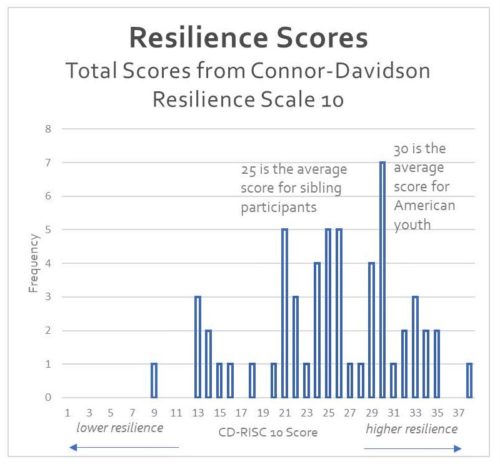
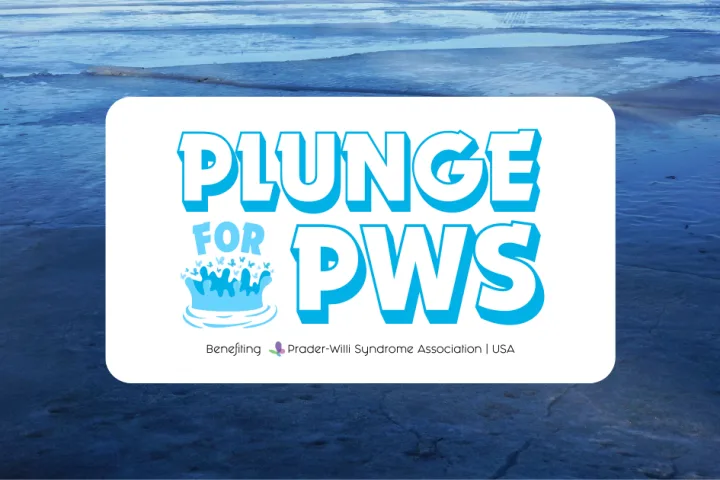
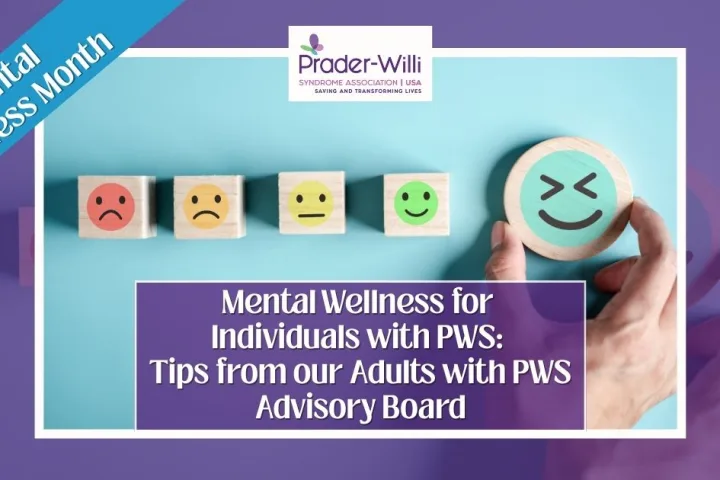
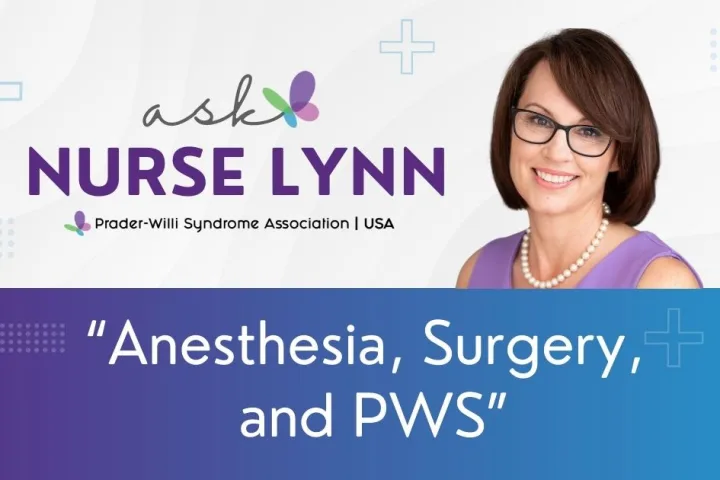
 Perry A. Zirkel has written more than 1,500 publications on various aspects of school law, with an emphasis on legal issues in special education. He writes a regular column for NAESP’s Principal magazine and NASP’s Communiqué newsletter, and he did so previously for Phi Delta Kappan and Teaching Exceptional Children.
Perry A. Zirkel has written more than 1,500 publications on various aspects of school law, with an emphasis on legal issues in special education. He writes a regular column for NAESP’s Principal magazine and NASP’s Communiqué newsletter, and he did so previously for Phi Delta Kappan and Teaching Exceptional Children. Jennifer Bolander has been serving as a Special Education Specialist for PWSA (USA) since October of 2015. She is a graduate of John Carroll University and lives in Ohio with her husband Brad and daughters Kate (17), and Sophia (13) who was born with PWS.
Jennifer Bolander has been serving as a Special Education Specialist for PWSA (USA) since October of 2015. She is a graduate of John Carroll University and lives in Ohio with her husband Brad and daughters Kate (17), and Sophia (13) who was born with PWS. Dr. Amy McTighe is the PWS Program Manager and Inpatient Teacher at the Center for Prader-Willi Syndrome at the Children’s Institute of Pittsburgh. She graduated from Duquesne University receiving her Bachelor’s and Master’s degree in Education with a focus on elementary education, special education, and language arts.
Dr. Amy McTighe is the PWS Program Manager and Inpatient Teacher at the Center for Prader-Willi Syndrome at the Children’s Institute of Pittsburgh. She graduated from Duquesne University receiving her Bachelor’s and Master’s degree in Education with a focus on elementary education, special education, and language arts. Evan has worked with the Prader-Willi Syndrome Association (USA) since 2007 primarily as a Crisis Intervention and Family Support Counselor. Evans works with parents and schools to foster strong collaborative relationships and appropriate educational environments for students with PWS.
Evan has worked with the Prader-Willi Syndrome Association (USA) since 2007 primarily as a Crisis Intervention and Family Support Counselor. Evans works with parents and schools to foster strong collaborative relationships and appropriate educational environments for students with PWS. Staci Zimmerman works for Prader-Willi Syndrome Association of Colorado as an Individualized Education Program (IEP) consultant. Staci collaborates with the PWS multi-disciplinary clinic at the Children’s Hospital in Denver supporting families and school districts around the United States with their child’s Individual Educational Plan.
Staci Zimmerman works for Prader-Willi Syndrome Association of Colorado as an Individualized Education Program (IEP) consultant. Staci collaborates with the PWS multi-disciplinary clinic at the Children’s Hospital in Denver supporting families and school districts around the United States with their child’s Individual Educational Plan. Founded in 2001, SDLC is a non-profit legal services organization dedicated to protecting and advancing the legal rights of people with disabilities throughout the South. It partners with the Southern Poverty Law Center, Protection and Advocacy (P&A) programs, Legal Services Corporations (LSC) and disability organizations on major, systemic disability rights issues involving the Individuals with Disabilities Education Act (IDEA), Americans with Disabilities Act (ADA), and the federal Medicaid Act. Recently in November 2014, Jim retired.
Founded in 2001, SDLC is a non-profit legal services organization dedicated to protecting and advancing the legal rights of people with disabilities throughout the South. It partners with the Southern Poverty Law Center, Protection and Advocacy (P&A) programs, Legal Services Corporations (LSC) and disability organizations on major, systemic disability rights issues involving the Individuals with Disabilities Education Act (IDEA), Americans with Disabilities Act (ADA), and the federal Medicaid Act. Recently in November 2014, Jim retired.